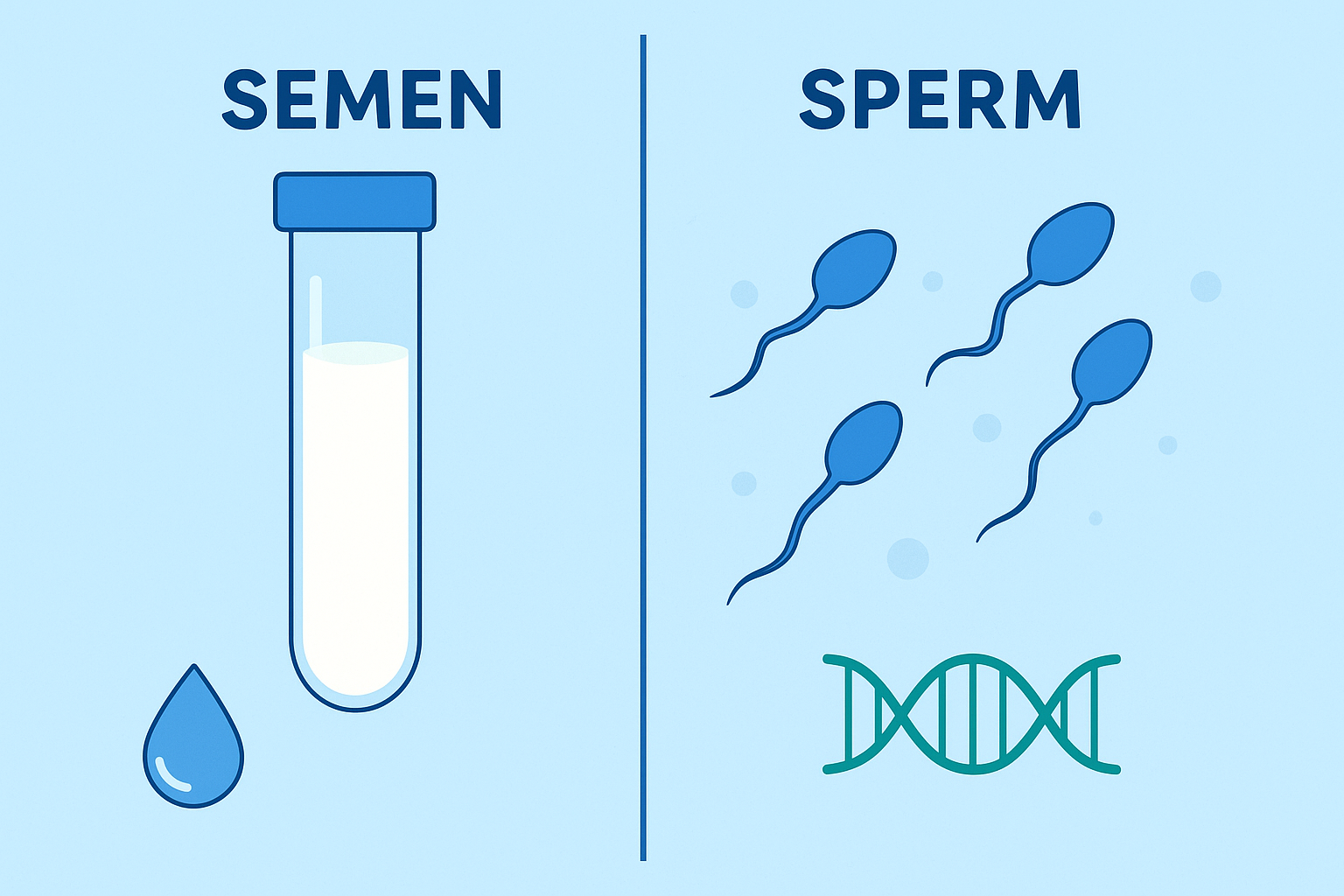Pregnancy is a miraculous journey filled with anticipation, but it also brings a host of unexpected physical changes. While morning sickness and fatigue often steal the spotlight, many expectant mothers encounter another common yet surprisingly disruptive symptom: persistent dry mouth during pregnancy. This uncomfortable, sticky sensation, medically known as xerostomia, is more than just a minor nuisance. It can impact your comfort, sleep, appetite, and even your oral health. If you find yourself frequently reaching for water or feeling as if your tongue is glued to the roof of your mouth, you are certainly not alone.
Understanding the causes, implications, and solutions for dry mouth during pregnancy is vital for ensuring a healthier and more comfortable experience. This comprehensive guide explores seven critical pieces of information every expectant mother should know about this often-overlooked symptom. It aims to empower you with knowledge and practical strategies to manage dry mouth effectively throughout your journey to motherhood.
What Exactly Is Dry Mouth During Pregnancy?
Dry mouth during pregnancy is characterized by a significant and often persistent reduction in saliva production, leading to an uncomfortably parched feeling in the mouth and throat. Saliva plays several crucial roles beyond simply moistening your mouth. It aids digestion by breaking down food, neutralizes harmful acids produced by bacteria, washes away food particles, contains enzymes that begin the digestive process, and helps prevent tooth decay and gum disease by remineralizing tooth enamel.
During pregnancy, hormonal fluctuations and physiological changes can disrupt the delicate balance of saliva production. This disruption isn’t merely about feeling thirsty; it can manifest as a sticky or rough sensation on the tongue and cheeks, difficulty speaking, chewing, or swallowing (especially dry foods), a persistent sore throat, altered taste perception, cracked lips, mouth sores, or even an increased thirst that feels unquenchable. Recognizing these specific signs is essential for effectively addressing dry mouth during pregnancy, as it allows you to distinguish it from simple dehydration and seek appropriate management strategies tailored to your changing body.
Is Dry Mouth an Early Sign of Pregnancy?
Many women actively seek early indicators of pregnancy even before a missed period, scrutinizing every bodily shift. So, is dry mouth a sign of pregnancy in those very early stages? The answer is nuanced. While not as universally recognized as breast tenderness, fatigue, or nausea, dry mouth in early pregnancy is frequently reported by women. This occurrence can be directly linked to the dramatic surge in hormones, particularly progesterone and estrogen, that begins almost immediately after implantation.
These hormones significantly influence fluid balance and salivary gland function. Progesterone, in particular, can have a mild diuretic effect, potentially contributing to subtle dehydration. Additionally, increased metabolic demands and the body’s initial efforts to ramp up blood volume can place extra strain on hydration levels. While dry mouth in early pregnancy shouldn’t be considered a definitive diagnostic sign like a positive test result, its sudden onset alongside other classic symptoms, such as frequent urination, mood swings, or heightened sense of smell, can certainly serve as a clue that prompts further investigation. If you notice unusual mouth dryness coinciding with other potential early signs, it is reasonable to consider pregnancy as a possible cause, especially if this sensation is unfamiliar or unusually persistent.
Hormonal Havoc: The Primary Driver of Pregnancy Dry Mouth
The primary culprit behind dry mouth during pregnancy lies in the powerful hormonal fluctuations that define gestation. Estrogen and progesterone levels soar exponentially throughout the nine months, profoundly impacting nearly every system in your body, including your salivary glands. Progesterone, vital for maintaining the uterine lining and preventing premature contractions, also possesses properties that can directly suppress saliva production.
Estrogen, crucial for fetal development and uterine growth, influences the health of mucous membranes throughout the body. Shifts in estrogen levels can alter the composition and consistency of saliva, sometimes making it thicker or more viscous. This change contributes to that characteristic parched feeling even if absolute saliva volume isn’t drastically reduced. Furthermore, these hormonal surges affect the body’s overall fluid balance regulation by increasing blood vessel permeability and influencing kidney function, subtly altering how your body retains or excretes water.
This complex hormonal interplay creates the perfect physiological environment for dry mouth during pregnancy, explaining why it often persists across trimesters, potentially intensifying or fluctuating alongside hormonal peaks. Understanding this fundamental cause helps normalize the experience and directs focus toward effective management rather than concern about an underlying serious illness.
Dehydration Dangers: Increased Blood Volume and Fluid Demands
The physiological demands of creating and sustaining new life significantly heighten the risk of dehydration during pregnancy. This condition is a major amplifier of dry mouth symptoms. Throughout pregnancy, blood volume expands dramatically, by approximately 50% by the third trimester, to supply the developing placenta and fetus with essential oxygen and nutrients. This substantial increase necessitates a significant rise in daily fluid intake to maintain baseline hydration.
Simultaneously, your kidneys work harder to filter waste products for both you and your baby, naturally leading to increased urine output. Early pregnancy nausea and vomiting, often referred to as morning sickness, can result in significant fluid and electrolyte loss. Later in pregnancy, increased sweating due to a higher metabolic rate and potential swelling (edema) further diverts fluids. If you do not consciously and consistently increase your water consumption to meet these heightened demands, dehydration can set in rapidly.
Dehydration directly reduces saliva production, intensifying the uncomfortable dry and sticky sensation in the mouth. Therefore, persistent dry mouth during pregnancy often serves as the body’s most immediate and noticeable signal that your fluid intake is insufficient for your current physiological state. It serves as a crucial reminder to prioritize hydration far beyond pre-pregnancy levels.
Gestational Diabetes: When Dry Mouth Signals Something More Serious
While persistent or severe dry mouth during pregnancy can often be benign, it may also indicate a more serious condition: gestational diabetes mellitus (GDM). GDM is a form of diabetes that develops specifically during pregnancy, characterized by elevated blood sugar levels. One classic symptom of uncontrolled diabetes, including GDM, is excessive thirst (polydipsia) accompanied by dry mouth.
This occurs because elevated blood glucose levels compel the kidneys to work overtime to filter and absorb the excess sugar. When the kidneys cannot keep up, the surplus glucose is excreted into the urine, pulling fluids from your tissues, a process known as osmotic diuresis. This results in frequent urination (polyuria) and significant fluid loss, leading to dehydration, intense thirst, and dry mouth during pregnancy.
Suppose your dry mouth is extreme, constant, and accompanied by other symptoms such as unusual fatigue, blurred vision, recurrent infection (especially yeast infections), or significantly increased urination. In that case, it is imperative to inform your healthcare provider immediately. They will likely screen you for gestational diabetes between 24-28 weeks (or earlier if risk factors exist), as early detection and management are vital for your health and your baby’s well-being. Never dismiss severe dry mouth symptoms during pregnancy as merely “normal.”
Snoring, Congestion, and Mouth Breathing: The Nighttime Dry Mouth Trio
Pregnancy can transform even the most serene sleeper into a symphony of snores, fueling nighttime dry mouth discomfort. Several factors contribute to this issue. Increased blood flow causes nasal passages to swell (rhinitis of pregnancy), resulting in significant congestion and difficulty breathing comfortably through the nose. Additionally, weight gain around the neck and the relaxation of airway muscles due to progesterone can narrow the upper airway, increasing the likelihood of snoring and mild sleep apnea.
When nasal breathing is obstructed, you instinctively breathe through your mouth, especially during sleep. Mouth breathing leads directly to dry mouth during pregnancy. Unlike the nose, which humidifies and filters air, the mouth lacks this mechanism. Air flowing continuously over oral tissues rapidly evaporates saliva, leaving the mouth and throat feeling parched by morning.
This nocturnal drying cycle not only causes significant discomfort and disrupted sleep but also increases the risk of dental problems as saliva’s protective effects diminish overnight. Managing congestion through doctor-approved methods, such as saline sprays or humidifiers, and addressing snoring can be key strategies for combating this specific trigger for dry mouth during pregnancy.
Prenatal Vitamins and Medications: Potential Contributors to Dry Mouth
While essential for a healthy pregnancy, some prenatal supplements and medications commonly prescribed during gestation can contribute to dry mouth symptoms. Prenatal vitamins containing iron, crucial for preventing anemia, are frequent culprits. Iron supplements are known for causing gastrointestinal side effects like constipation and nausea, but can also lead to a dry, metallic taste in the mouth.
Other medications prescribed during pregnancy may list dry mouth as a potential side effect. These include certain anti-nausea drugs (such as some antihistamines), medications for managing high blood pressure (some antihypertensives), allergy medications (antihistamines and decongestants), and even some antidepressants if prescribed. The mechanism often involves medications affecting the nervous system’s signals to salivary glands or having anticholinergic properties that reduce bodily secretions, including saliva.
If you notice dry mouth symptoms coinciding with starting a new vitamin regimen or medication, discuss this with your doctor or midwife. They might suggest adjusting the timing of your dose, taking iron with orange juice can improve absorption and potentially lessen side effects, or switching to a different formulation or exploring alternative medications if appropriate.
Health Risks: Why Ignoring Dry Mouth Is Not an Option
Understanding dry mouth during pregnancy is crucial; it is not merely a comfort issue but poses significant risks to oral health, which is closely linked to overall health and pregnancy outcomes. Saliva serves as your mouth’s natural defense system. It washes away food debris, neutralizes harmful acids produced by plaque bacteria, contains antimicrobial agents, and provides essential minerals like calcium and phosphate that aid in repairing early tooth decay through remineralization. A reduction in saliva flow due to dry mouth during pregnancy compromises this protective barrier. The consequences can be severe:
A significantly increased risk of tooth decay (cavities) due to prolonged acid exposure and bacterial growth in a drier environment.
- Heightened susceptibility to gingivitis (pregnancy gingivitis), characterized by red, swollen, tender gums that bleed easily.
- Increased plaque buildup.
- A higher risk of oral infections, such as thrush (a fungal infection).
- Persistent bad breath (halitosis).
- Mouth sores.
Alarmingly, research suggests a potential link between severe maternal gum disease (periodontitis) and adverse pregnancy outcomes, including preterm birth and low birth weight. Therefore, actively managing dry mouth during pregnancy through targeted strategies and maintaining meticulous oral hygiene is essential — not just for comfort but as a vital component of prenatal care for both mother and baby.
Also Read: Causes And Symptoms Of Fibroids
Effective Strategies to Combat Dry Mouth During Pregnancy
Managing dry mouth effectively during pregnancy requires a multifaceted approach focused on hydration, stimulation, environmental control, and meticulous oral care. Here are key strategies:
- Hydrate Relentlessly: This is paramount. Carry a large water bottle and sip small amounts throughout the day — do not wait until you feel thirsty. Aim for at least 8-12 glasses (64-96 ounces) daily, increasing your intake if you are active, in hot weather, or experiencing vomiting. Enhance the flavor of plain water by infusing it with slices of lemon, lime, cucumber, or berries.
- Stimulate Saliva Production: Chew sugar-free gum, especially those containing xylitol, which also combats cavity-causing bacteria or suck on sugar-free hard candies or lozenges. Crunchy, water-rich fruits and vegetables like cucumber, celery, apples, and melon can also help stimulate saliva flow naturally.
- Optimize Your Environment: Use a cool-mist humidifier in your bedroom while sleeping to add moisture to the air and counteract the effects of mouth breathing. Whenever possible, avoid dry, stuffy environments.
- Avoid Drying Agents: Steer clear of caffeine (coffee, tea, soda), alcohol, and tobacco, all of which are dehydrating and exacerbate dry mouth. Limit salty and sugary foods, as they can increase thirst and contribute to dehydration and dental issues.
- Prioritize Oral Hygiene: Brush at least twice daily with fluoride toothpaste using a soft-bristle brush. Floss meticulously every day. Consider using an alcohol-free fluoride mouthwash specifically formulated for dry mouth; these often contain moisturizing and protective ingredients. Consult your dentist for recommendations.
- Moisturize Overnight: Keep water by your bedside. If you wake up with severe dryness, try saliva substitutes or oral moisturizing gels/sprays available over the counter before bed. Sleeping slightly elevated can sometimes reduce snoring and mouth breathing.
Conclusion: Empowerment Through Knowledge and Action
Experiencing dry mouth during pregnancy is common yet often under-discussed in the journey of bringing new life into the world. Primarily driven by hormonal shifts and increased physiological demands, understanding its nuances, from its emergence as an early sign (dry mouth early pregnancy) to its connections with hydration, gestational diabetes, breathing issues, and medication side effects empowers you as an expectant mother. Recognizing that dry mouth is not merely a minor annoyance but a symptom requiring attention due to its significant impact on oral health is vital.
Stop Hot Flashes Now
By implementing proactive strategies focused on relentless hydration, saliva stimulation, environmental moisture, and impeccable oral hygiene, you can effectively manage this discomfort while protecting your dental well-being. Always listen to your body; if dryness becomes severe or is accompanied by concerning symptoms, do not hesitate to seek guidance from your obstetrician, midwife, or dentist. Armed with these seven key insights, you can navigate dry mouth during pregnancy with greater confidence and comfort, reassured by your role as an informed advocate for your health and the health of your growing baby.




